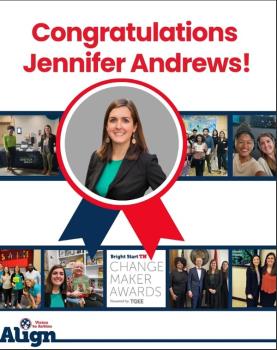Opinion: The Value and Affordability of a Bachelor’s Degree Have Never Been Greater

Navigating the Higher Education Landscape: Opportunities for Affordability and Access in Massachusetts
The landscape of higher education in the United States presents a perplexing array of choices for prospective students and their families. As the cost of attending private institutions reaches staggering heights, with some expenses approaching 0,000 per year, the financial burden remains a significant concern. Additionally, the recent trend of smaller private colleges merging with larger institutions or closing entirely has left many students in challenging situations, scrambling to complete their degrees. Community colleges offer options that can alleviate some of these financial pressures, yet for those aspiring to earn a bachelor’s degree, transitioning to a four-year institution remains a critical step.
Recent research from the Pew Research Center underscores the financial advantages of obtaining a college degree. A study conducted in May 2024 revealed that young men who hold a college degree earn 71% more than their peers with only a high school diploma, whereas women with a college degree earn 79% more. Moreover, households led by young college graduates reported a median net worth of 0,000 in 2022, compared to just ,700 for those without a degree. Over a lifetime, these disparities in earnings and wealth accumulation are profound.
As Worcester State University stands as the sole public institution in the city offering both bachelor’s and master’s degrees, its commitment to enhancing educational access is particularly noteworthy. Particularly for first-generation college students, pursuing a four-year degree can be transformative.
The Massachusetts public higher education system has made strides in creating more affordable paths for students. Recent actions by the administration of Governor Maura Healey and the state legislature have led to the implementation of free community college education for a broad demographic. Additionally, bachelor’s degree-granting public universities are also offering tuition-free opportunities for eligible students. Worcester State University’s ValuePlus program specifically targets Massachusetts residents earning less than ,000 annually.
Furthermore, Worcester State provides extensive financial support, with 78% of its students receiving varying forms of aid, averaging ,111 per year, which nearly covers in-state tuition and fees. The university actively welcomes transfer students who have completed their associate degrees at community colleges, enhancing the educational pipeline through partnerships with institutions such as Quinsigamond Community College.
Worcester State’s commitment to affordability extends beyond its ValuePlus initiative. The university boasts over 400 donor-funded scholarship awards totaling .8 million, accessible to full-time students. Additional support systems include stipends for internships, student teaching, and opportunities for academic travel and research. In the 2023-24 academic year, efforts to minimize textbook costs were particularly successful, with students saving million through access to free or low-cost materials.
In light of these resources, families are encouraged to consider pursuing a four-year degree, even in the face of rising costs. By exploring options at public institutions, whether beginning at a community college or directly enrolling in a university, students can gain invaluable knowledge and skills that not only enhance their earning potential but also broaden their perspectives. The investment made today could yield substantial benefits, both financially and personally, in the years to come.
Barry Maloney serves as the president of Worcester State University, where he advocates for accessible education in Massachusetts.





